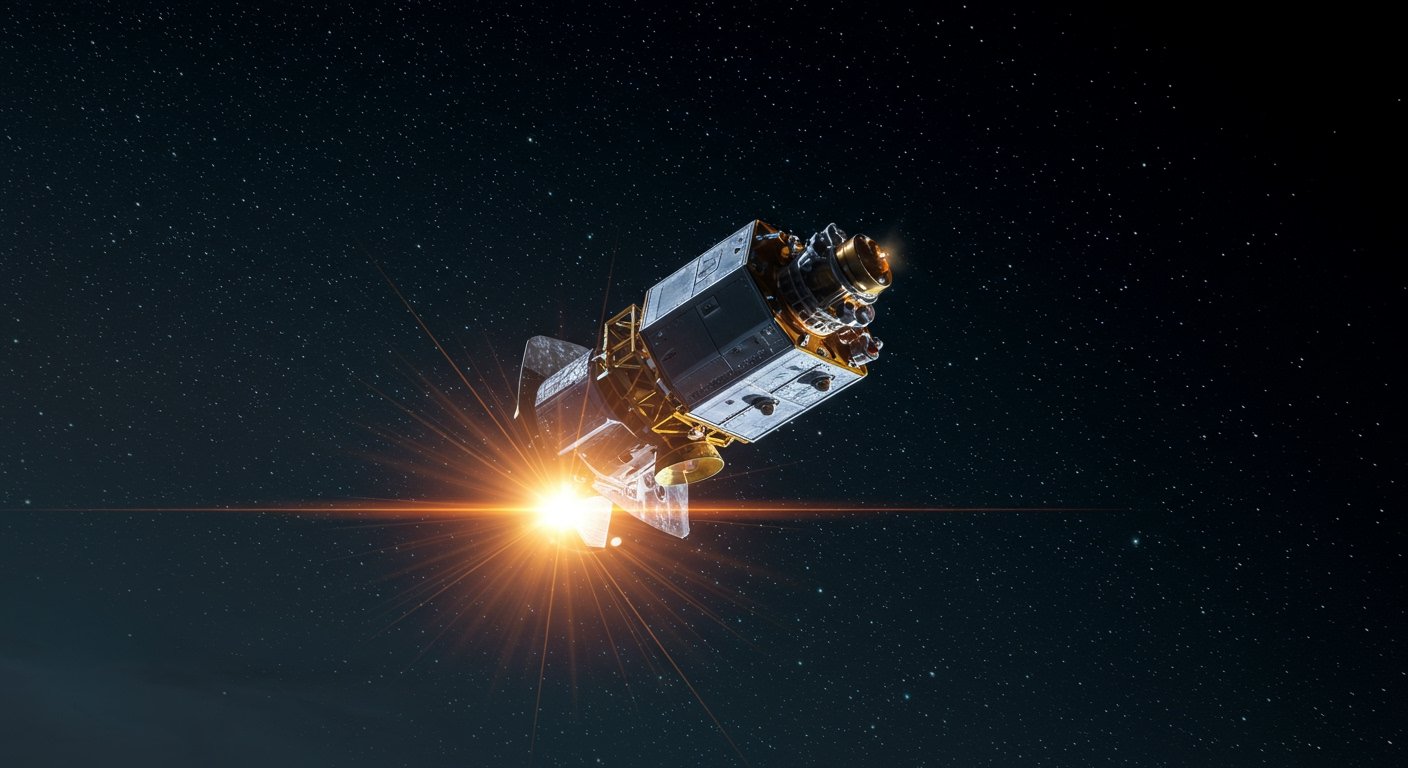MOUNTAIN VIEW, CALIFORNIA – Google’s annual developer conference, Google I/O 2025, unveiled a sweeping vision for the future where artificial intelligence sits firmly at the core of its technological ecosystem. The multi-day event, held at the company’s Mountain View campus, reinforced Google’s strategic direction, emphasizing the pervasive integration of advanced AI models across its vast portfolio of products and services.
Key announcements centered on significant updates to Google’s foundational AI models, prominently featuring Gemini 2.5 alongside new iterations known as Veo 3 and Imagen 4. Company executives underscored the advancements embedded within these models, signaling a concerted effort to enhance capabilities and efficiency.
Advancing the Core AI Models
The spotlight shone brightly on Gemini 2.5, the latest evolution of Google’s flagship AI model. This update introduces a suite of enhancements aimed at boosting performance and functionality. According to presentations at the conference, Gemini 2.5 demonstrates improved reasoning capabilities, allowing for more sophisticated analysis and understanding of complex prompts. A notable technical improvement is a reported 20-30% reduction in token consumption, a metric crucial for efficiency and cost-effectiveness in processing large language model queries.
Beyond core performance metrics, Gemini 2.5 also gains new features designed to broaden its utility. This includes native audio output accessible via an API, enabling developers to build applications that can generate speech directly from the model. Furthermore, Google highlighted the implementation of advanced security measures within Gemini 2.5, addressing ongoing concerns around AI safety and reliability.
Complementing the Gemini updates were the introductions of Veo 3 and Imagen 4, suggesting continued innovation in specialized AI domains, likely pertaining to video and image generation respectively, although specific details on these models beyond their names were not extensively detailed in initial briefings.
Integrating AI into Search
Perhaps one of the most impactful announcements for everyday users is the planned integration of a new AI Mode directly into the Google search engine. This represents a significant shift in how users might interact with search, moving beyond traditional link-based results towards AI-powered summaries and insights.
The AI Mode is set to initially deploy in the United States. It utilizes a sophisticated technique referred to as “query fan-out” for in-depth inquiries. While the technical specifics of “query fan-out” were not fully elaborated, it suggests a method where a single complex user query is broken down and explored from multiple angles simultaneously by the AI, generating a more comprehensive and nuanced response than current search methods might provide.
This integration positions AI not just as a background tool but as a primary interface for information retrieval, promising quicker access to synthesized knowledge for complex topics.
Evolution of Advanced Projects
Google I/O 2025 also provided updates on advanced research initiatives, indicating a transition of experimental technologies into more practical applications. The capabilities developed under the banner of Project Mariner, an initiative previously focused on developing AI agents capable of complex tasks, have now been integrated into the core AI models, including Gemini. This suggests that the advanced agency and task execution abilities explored in Mariner are becoming foundational elements of Google’s general AI offerings.
Additionally, Project Starline, Google’s ambitious research project exploring high-fidelity 3D telepresence, has evolved and been rebranded as Google Beam. This renaming and public positioning as “Google Beam” signals a potential step towards commercialization or wider availability of the technology, which aims to provide more realistic and immersive 3D conversations, effectively making remote interactions feel more present and natural.
AI at the Center of the Ecosystem
Throughout the conference, Google consistently emphasized the central role of artificial intelligence, and specifically its Gemini models, across its entire product ecosystem. From search and cloud services to hardware and developer tools, AI is being positioned as the unifying force and the primary driver of future innovation.
The updates announced at Google I/O 2025 highlight the company’s deep commitment to AI development and its strategy to weave these advanced capabilities into the fabric of its user experiences. The focus on efficiency, enhanced capabilities, and direct user-facing features like the AI Mode in Search underscores Google’s intent to make sophisticated AI both powerful and accessible, cementing its position in the rapidly evolving landscape of artificial intelligence.











